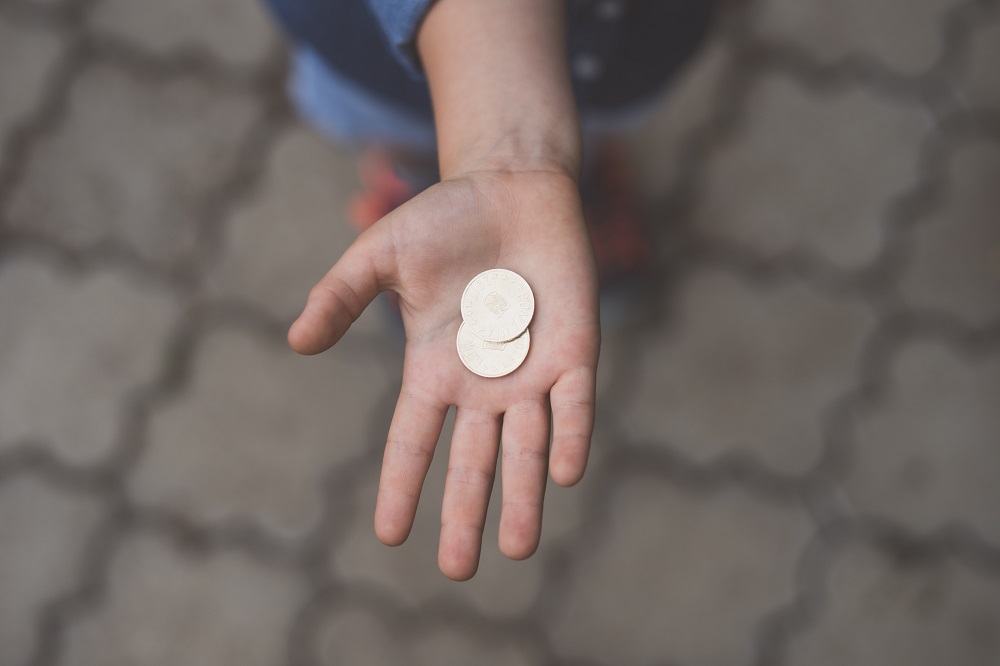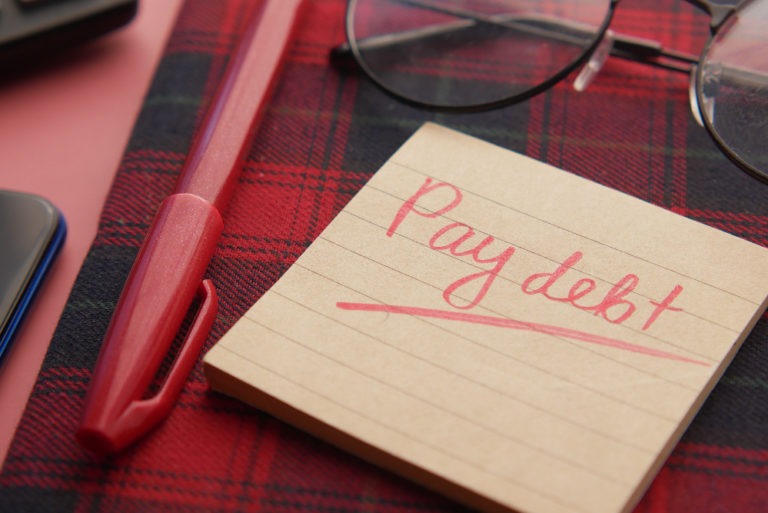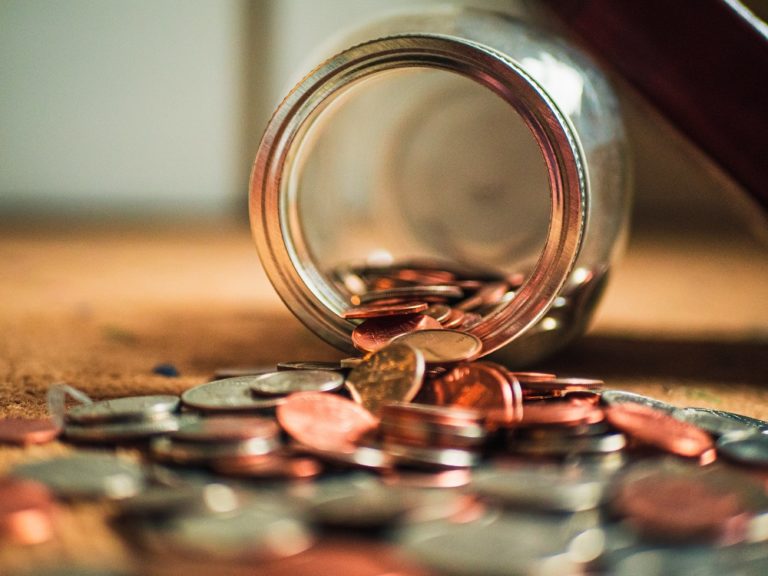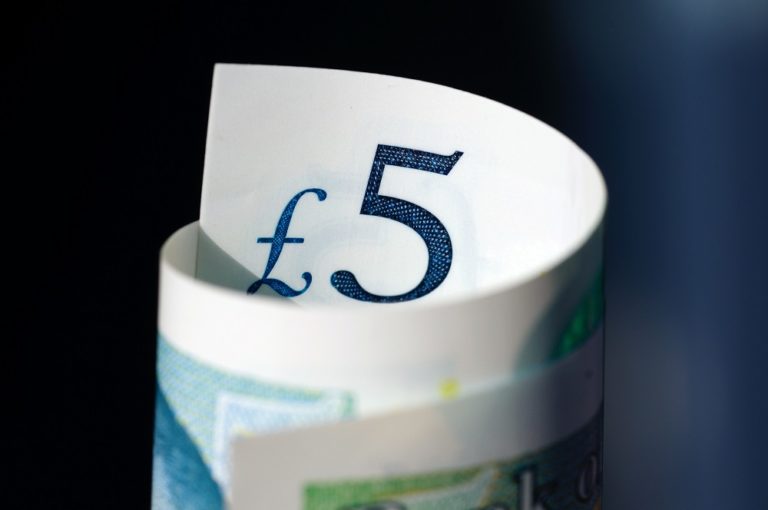What you need to know about debt
Money Talk is intended to inform and educate; it's not financial advice. Affiliate links, including from Amazon, are used to help fund it. If you make a purchase via a link marked with an *, Money Talk might receive a commission at no cost to you. Find out more here.
Let’s talk about debt.
For many, it’s a taboo subject that’s too mortifying to talk about.
But many of us will be in debt at some point in our lives – it’s not always a case of bad money management – and there should be absolutely no shame in it.
The Money Charity estimates that the average total debt per UK household in January 2020 was £60,363. Things are likely to be much worse now, given the coronavirus pandemic.
Not all debt is bad though. Some, like mortgages, are perfectly normal to have as long as your finances are kept in check. And that’s the key – keeping your debt manageable.
So for this Focus, I spoke to debt charity Stepchange about good and bad debt and what you can do when things go wrong.
What’s debt? How do you know if there’s a problem?
Debt is defined as a sum of money that’s owed or due and can be big or small, long term or short term.
According to Will Berrington, a spokesperson for StepChange, “Debt itself is not always a problem.”
He explained that nearly everyone needs to borrow at some point, for example to spread the cost of a large purchase like a home. But things become problematic when your debt becomes “unmanageable”.
Berrington said that if you spot any of the following warning signs, you should consider seeking debt advice – and it’s free from charities such as StepChange:
- A negative budget – more going out than coming in
- Arrears on any ‘priority’ household bills, for example mortgage, rent, council tax or utilities
- Not enough disposable income to cover your minimum debt repayments
What are some of the ways people get into debt?
“The majority of our clients are in problem debt either because of an income shock (such as unemployment or a bereavement) or because of an unexpected cost that has thrown their finances out of balance (such as having to pay for a car repair or higher than expected bills),” Berrington said.
He added: “Recently, with the effect of coronavirus on the economy, we’ve seen rising numbers of people citing the virus as a direct cause of their financial hardship.”
In fact, 16% of people who went to StepChange for help in June and July said that coronavirus was the reason for their debt.
Should you save or pay off your debt first?
Lots of people are understandably curious about whether they should be saving money first or paying off a debt first.
I asked this question in the Focus on getting into the savings habit but I also wanted to hear it from a debt charity’s perspective.
Berrington suggested: “Generally, once you have budgeted for your needs and worked out how much money you have left at the end of the month, this money should be set aside to pay back debts.
“It’s essential that, at the very least, this covers your minimum contractual payments, and payments on all of your priority bills, such as council tax or rent.
“However, even if you’re in debt, you should try and save a small amount every month if you are able to.”
He explained that it “will help in case of any unexpected costs”.
Berrington added: “If your debts are significant, this could be understandably difficult, especially if you’re on a limited income. However, any amount of money you can put aside will add up over time.”
How can you help yourself out of debt?
The first step to helping yourself out of debt is making a budget according to Berrington.
He said: “Begin by listing all of your income – including wages, benefits and pensions – and everything you’ll have outgoing during the month, from your household bills to your food shop, including each repayment on your debts.
“Then add any one-off expenses you could have during the month, such as family birthdays or essential maintenance.
“Once your budget is complete, subtract your estimated outgoings from your income. This is your ‘disposable income,’ and it’s what you’ll have available to put towards your debt.”
StepChange has a printable form you can fill in, which makes collating your income and expenditure much easier.
To pay off a debt quicker, you can look at ways to reduce your outgoings and/or of course increasing your income.
But if you find that your income doesn’t cover your expenditure, and there isn’t a way to reduce your spending, it’s time to get help.
StepChange is just one charity, but you can also get free debt advice from the National Debtline and Citizens Advice.
Read more: 6 things you can do to help yourself out of debt
What can debt charities help with?
Essentially, free help and advice.
According to Berrington: “Depending on your circumstances, different debt solutions may be most appropriate.
“Some involve repaying all of your debt over time; others may use insolvency solutions if that’s not possible.
“A debt charity can help you evaluate the most suitable options, and then help you arrange the one that is right for you.”
In the case of StepChange, they can help you work out your budget, income and debts; find a solution that works for your circumstances; and finally help put that plan into place.
It takes some of the stress out of the situation, and can offer advice when you don’t know where to turn to next.
Pin this for later








